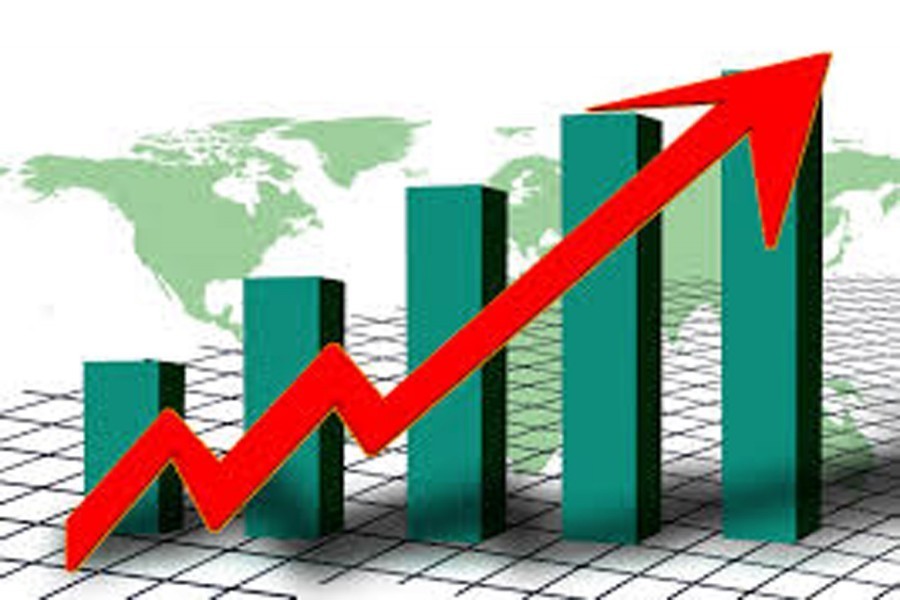Producer prices surged a near-record amount from a year ago due to a big jump in energy, commodity prices in the international market, Bangladesh Bureau of Statistics (BBS) reported recently.
The volatility in the forex market is another key reason behind the surge of the producer price index (PPI).
PPI, a measure of the prices received for final demand products, increased from 5.0 per cent to over 28 per cent by industry in April.
Of grain milling, mostly imported wheat increased over 28 per cent in April over the same period a year earlier. Even on a monthly basis, this has surged by more than 7.0 per cent in April over the previous month of March.
Excluding locally made 'gur', as well as the sugar prices, the so-called core PPI rose over 23 per cent during the period under review on a 12-month basis.

Processing of fruit and vegetables, which are mostly consumed by the rich section of society, also surged by 23 per cent.
The food industry's PPI increased by more than 10 per cent in the month. The manufacturing, excluding the food sector, however, increased by 5.0 per cent during the period.
There were a few optimistic signs in the PPI report - prices for bakery products and mineral water have tumbled. The prices for fish and soap, for instance, were stable.
The BBS takes data on the mineral water from leading manufacturers Pran, Partex, City Group, and Dunkan Brothers.
The PPI tracks the prices businesses pay for their goods and services. PPI actually stands for inflation in terms of the producers of goods and services, while the Consumer Price Index measures the prices paid by consumers.
In the meantime, manufacturers said that the PPI for dairy products may increase further as the retail prices of the same have already increased in the local market.
The price of liquid milk has again increased by Tk 10 per litre while half-litre packs will now cost Tk 5 more as leading producers have raised the maximum retail price of their products by 12.5 per cent.
According to retailers in Dhaka city, liquid milk products of Aarong Dairy, a brand of Brac Enterprises, as well as that of Pran and Akij Group's Farm Fresh have increased to Tk 90 per litre from Tk 80 previously.
However, the BBS prepares the index by taking data from leading manufacturers of major sectors to gauge the market situation. They take data from 'Teer' and 'Fresh' brands for sugar PPI and Mollah salt for salt.
PPI is considered a forward-looking inflation measure as it tracks prices in the pipeline for goods and services that eventually reach consumers. The data are significant in that prices at the wholesale level feed through to consumer prices.
When contacted, Md Kamruzzzamn, director (marketing) at the leading conglomerate Pran RFL Group, told the FE that wholesale prices of raw materials of almost all types of food products increased by 30-40 per cent over the last six months of the year.
Mohammed Mustafa Haider, a group director of the leading food conglomerate TK Group, told the FE that the volatility in the forex market has affected them much, leading to a rise in the production cost of final goods.
He also said that the power supply disruption also hit them hard.
"Both dollar prices and power supply disruptions have impacted us," Mr Haider, also managing director of Samuda Chemical Complex, the country's biggest hydrogen peroxide producer, told the FE.
He also mentioned low pressure of gas added another pain in running the plants.


